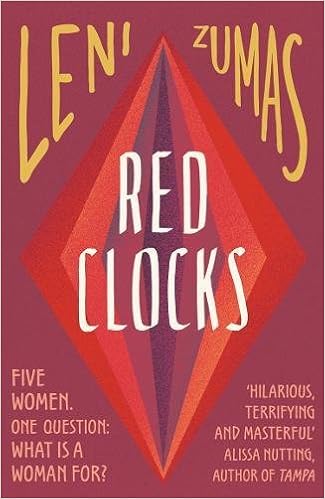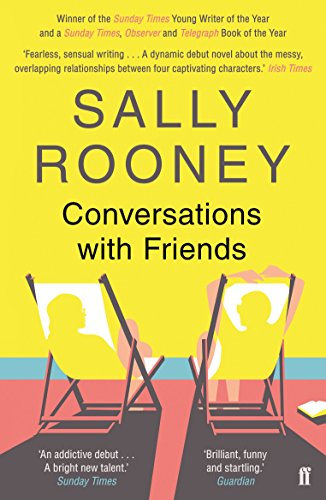It’s been an unusual reading year for me; new work has meant I’ve read lots of things I wouldn’t have otherwise and it’s no coincidence that, for the first time, there’s a poetry collection included here. It’s also the first time there’s been a graphic novel in my list, although I’ve confused myself here as The One Hundred Nights of Hero is one of my favourite books and I’ve no idea why it didn’t make the list last year. Anyway, here’s my favourite fifteen books published in 2018, if there’s a theme to the list it’s this: feminist as fuck.
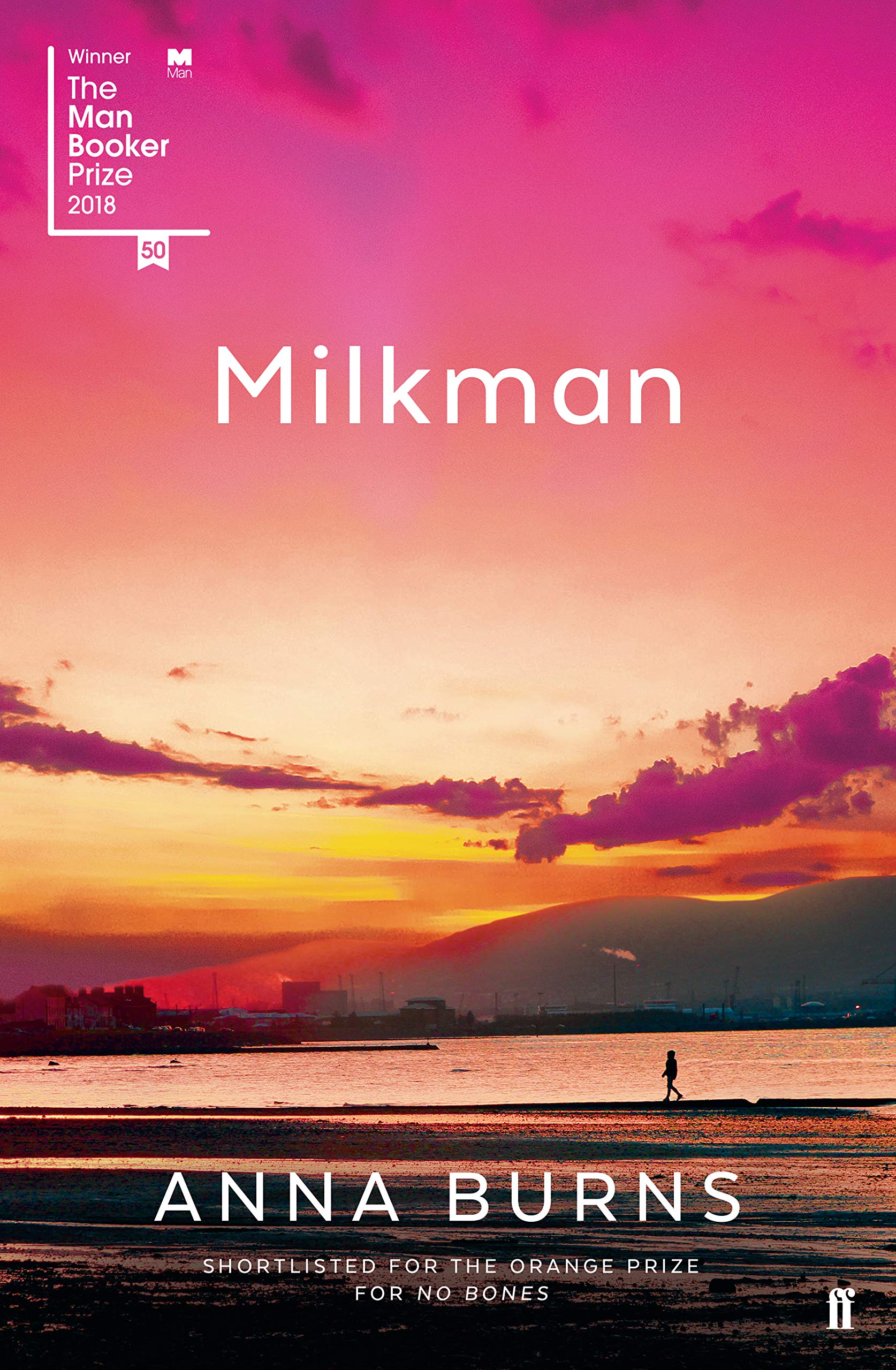
Milkman – Anna Burns
Until last week, I’d known what my book of the year was since May. And then I read Milkman. An eighteen-year-old woman walks the streets of what appears to be Belfast, although the setting is never named, reading classic literature. An encounter with a paramilitary man called Milkman sets off rumours about her and him, leading to an increasingly claustrophobic atmosphere in which the community, and her own family, draw conclusions from hearsay. Since Milkman won this year’s Booker Prize, much has been made of its apparently challenging nature. To me, it read like someone telling an anecdote in the pub, the story both moving forwards and circling back, characters known by nicknames and monikers. It’s a superb read: often funny, resolutely feminist, and possibly the best book about the Troubles I’ve read.
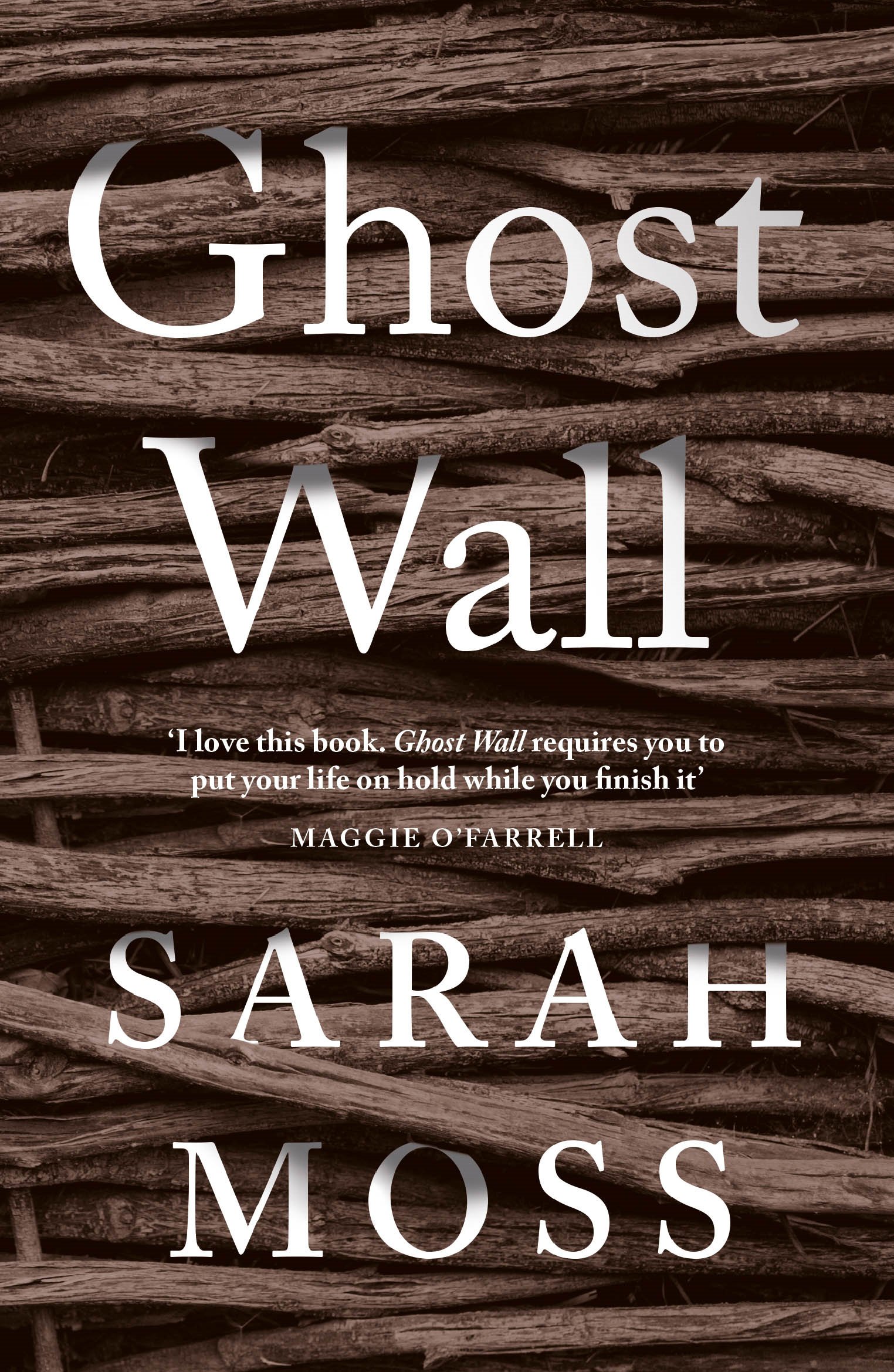
Ghost Wall – Sarah Moss
This is the book that was knocked off the number one spot at the last minute. Ghost Wall is the story of teenager, Silvie, as she takes part in an Iron Age reconstruction with her family. Her father is particularly keen that things should be as authentic as possible and it soon becomes clear that his views on women are severely outdated. The tension builds until a horrific act is committed. Moss’ writing is taut, sharp and will keep you on edge. My mini-review is here.
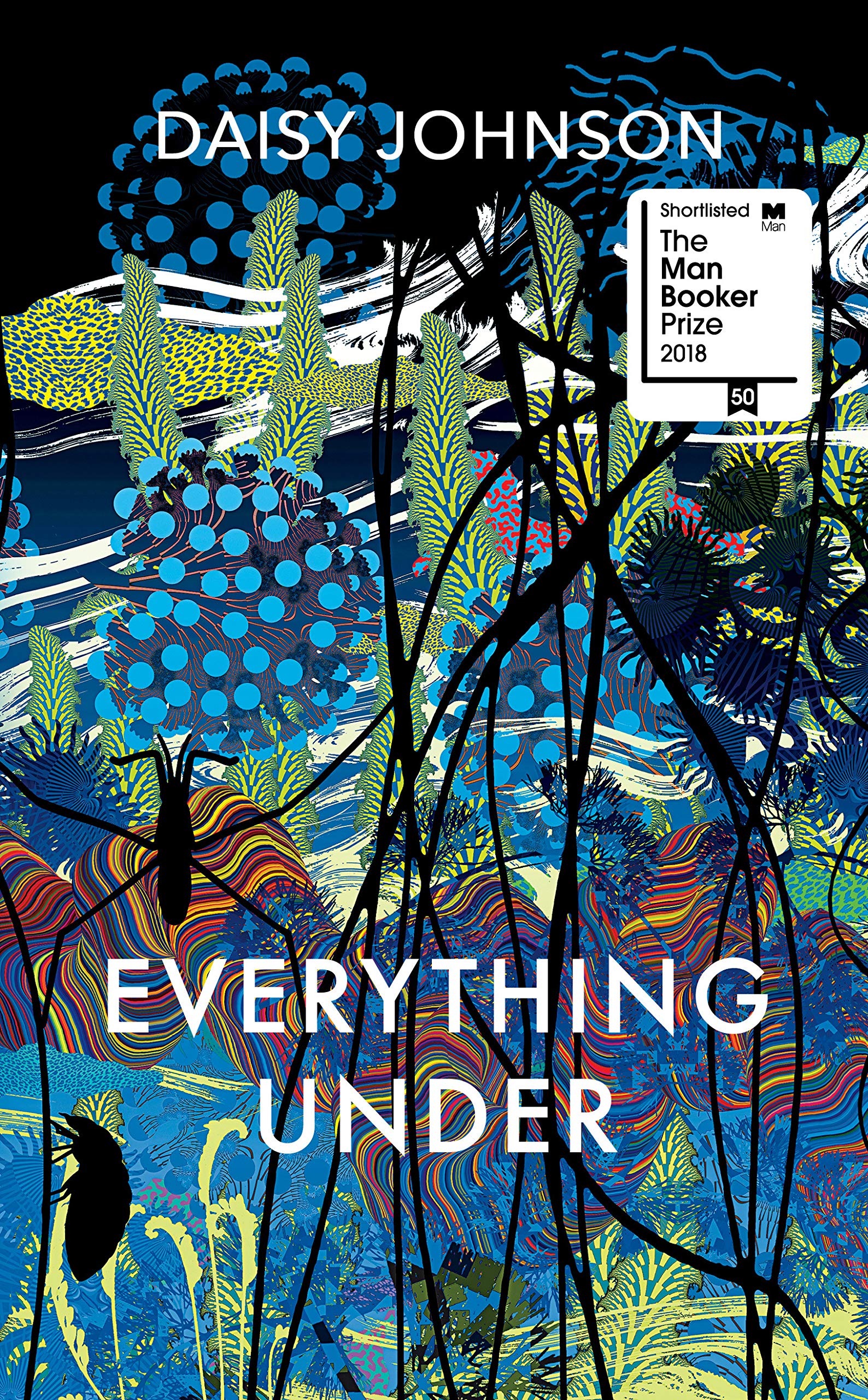
Everything Under – Daisy Johnson
When I read Everything Under earlier in the year, I described it on Twitter as spellbinding, the first time I’ve ever described a novel as such; the prose is mesmerising though. Gretal works as a lexicographer and is attempting to get Sarah, her estranged mother, to tell her story, allowing Gretal to fill in the gaps in her adolescence. Johnson reworks the Oedipus myth as an exploration of gender and mother/daughter relationships. Absolutely worthy of its place on the Booker Prize shortlist.

America Is Not the Heart – Elaine Castillo
Hero is an illegal immigrant, a member of the New People’s Army, a former prisoner of war. She leaves the Philippines to live with her uncle’s family, who she hasn’t seen in years. In San Fransisco, she begins to rebuild her life and makes friends who’ll become her new family. Castillo explores ideas of home through language, food, family, friendship and love. Big, bold and absorbing. My full review and interview with Elaine is here.

Three Poems – Hannah Sullivan
I wouldn’t have read Three Poems if Hannah Sullivan hadn’t been booked for Manchester Literature Festival and I’m so glad she was. Poem one tells of the narrator’s time in New York, living and dating; two of moving to California and repetition, and three of the birth of her son and the death of her father. As a whole, it’s an impressive piece of work, while individual lines have stayed with me for months.

Whiskey & Ribbons – Leesa Cross-Smith
Eamon is killed when his wife, Evi, is nine-months pregnant. In the grief that follows, Dalton, Eamon’s adopted brother moves in to support Evi in raising Noah. As Evi and Dalton try to come to terms with their loss, they begin to grow closer. A beautifully written story of love, loss and longing. The story’s expanded from some pieces in Cross-Smith’s debut short story collection Every Kiss a War which I reviewed here.
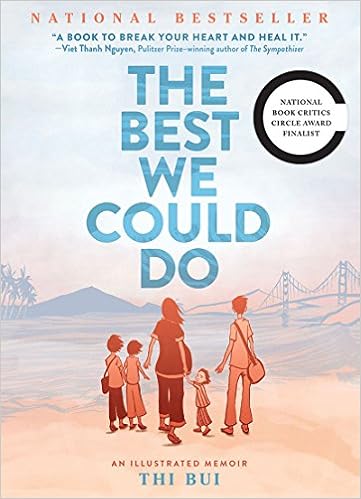
The Best We Could Do – Thi Bui
Triggered by the birth of her first child, Thi Bui tells the story of her parents emigrating to the USA, intertwined with the history of Vietnam. Through it she begins to understand the experiences which shaped her parents and herself. Compelling and beautifully illustrated.

The Book of Joan – Lidia Yuknavitch
Christine Pizan is in her final year on CIEL and she’s planning to go out in spectacular style. She’s creating a skin graft telling the true story of Joan of Dirt, a story which has been outlawed by CEIL’s ruler, Jean de Men. Fierce, feminist and concerned with climate change, I’m still reeling from The Book of Joan ten months later. My full review is here.

To Throw Away Unopened – Viv Albertine
Viv Albertine’s second memoir is more personal than her first and all the better for it. Alongside the end of her marriage and her foray into dating again, she reconsiders her upbringing after the death of her father and the discovery of a bag of documents previously unseen. This is also considered alongside the death of her mother, which is detailed gradually as the book progresses and also her relationship with her sister which culminates in an unforgettable scene at their mother’s hospital bed. A powerful look at family stories and relationships and the impact they have on women.
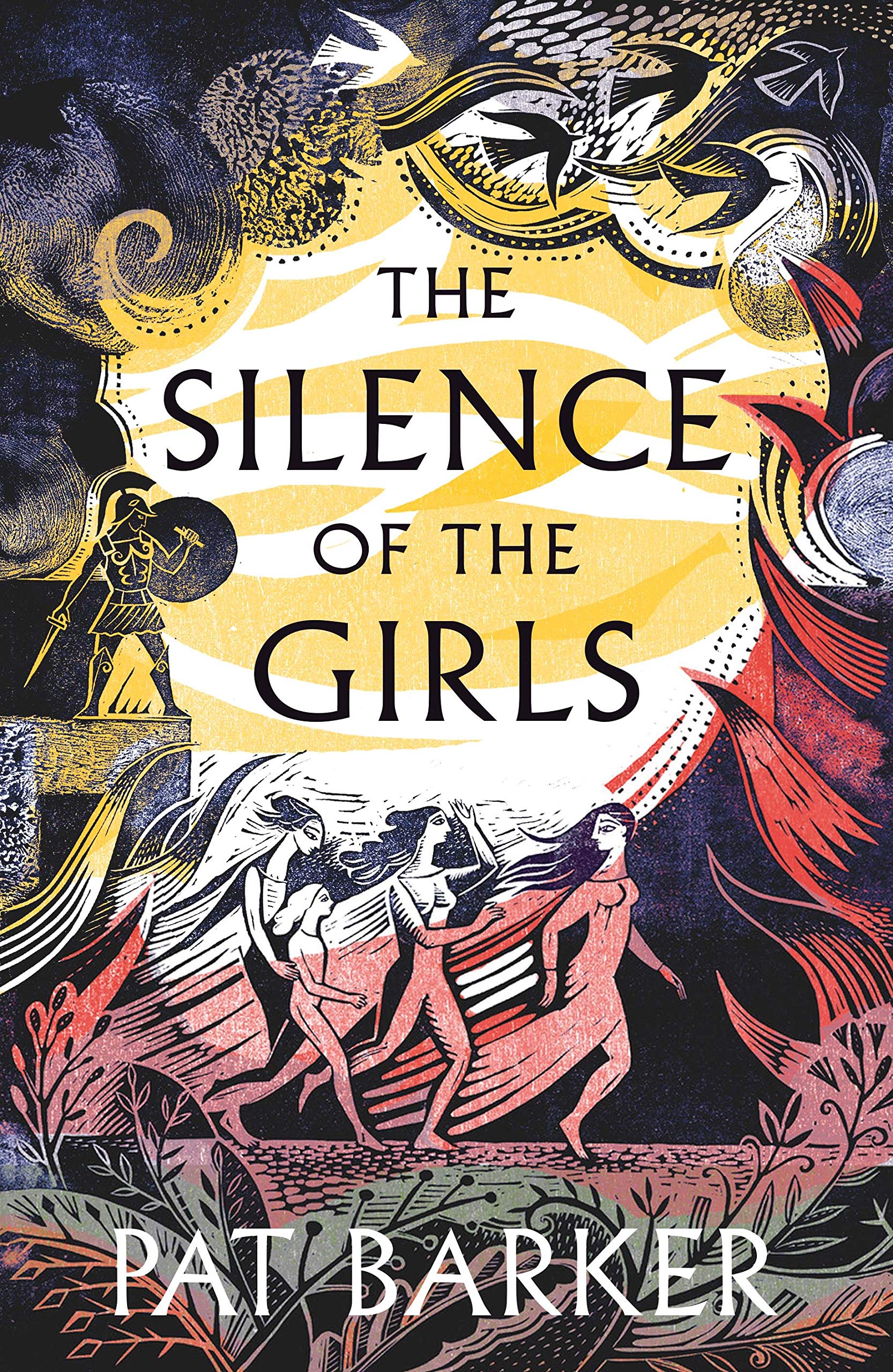
The Silence of the Girls – Pat Barker
Another discovery thanks to Manchester Literature Festival. Pat Barker’s retelling of The Iliad focuses on Briseis, largely telling the tale from her perspective. It’s brutal and brash, showing the men for spoilt, squabbling brats while giving women a voice in one of the oldest stories in literature. My full review is here.

Melmoth – Sarah Perry
Melmoth is condemned to wander the world, watching and collecting those of us who’ve been complicit in acts of harm. While Helen Franklin discovers the various accounts of Melmoth, Perry uses them as a vehicle to bear witness to atrocities from the Holocaust to the violent deportation of immigrants, forcing the reader to question their complicity. Compelling and uncomfortable reading. My mini-review is here.

Sight – Jessie Greengrass
There was a spate of books considering motherhood this year, Sight was one of the best. The narrator documents her thinking about whether or not she should become a parent alongside her memories of her grandmother, a psychoanalyst; the death of her mother, and medical developments including the creation of the X-ray. Clever and exquisitely written.

The Incendiaries – R.O. Kwon
Phoebe Lin, a student at an elite NY university, is drawn into a cult intent on committing a terrorist act. Outsider, Will Kendall becomes close to Phoebe and, following her disappearance, tells the story of their relationship and what he knows about cult leader, John Leal. Compelling.
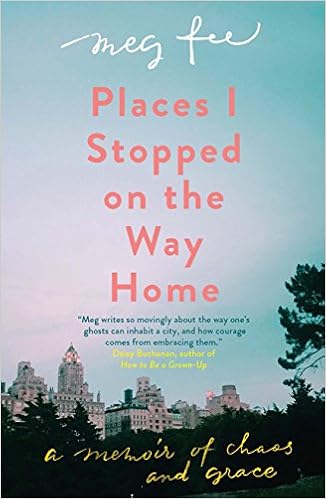
Places I Stopped on the Way Home – Meg Fee
Sometimes you read a book at the perfect time and Places I Stopped on the Way Home was one of them. Fee writes about her time in NYC, dating, living in shared houses, managing her recovery from an eating disorder, and what she learned about how to live. I underlined a lot. My review is here.
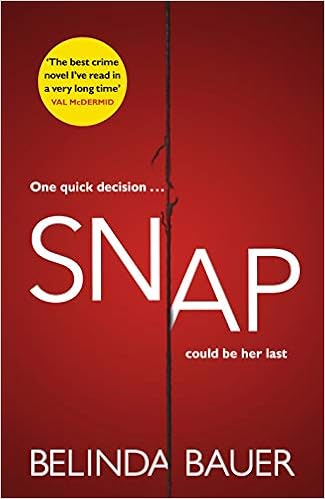
Snap – Belinda Bauer
In the first chapter of Snap, Jack and his sisters are left in the family car, on the hard shoulder of the motorway, as their mum goes to telephone for help. She never returns. It seems as though this is going to be a straight psychological thriller until chapter two jumps three years. Now Jack and his siblings live alone, the police are investigating a cat burglar they’ve called Goldilocks and pregnant Catherine has found a knife and a threatening note next to her bed. This is crime if it was written by Kate Atkinson and Lissa Evans; it’s about people not being who you think they are and what family will do to protect each other. It’s also very funny. I stayed up late to finish it in one sitting.































